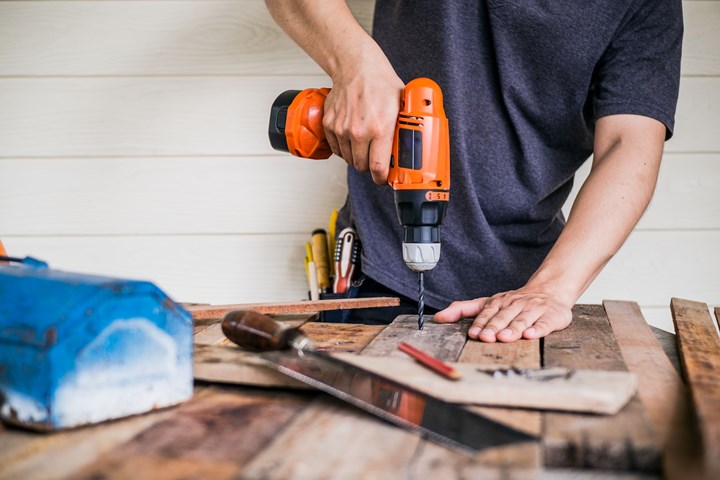Additive Improves Melt Flow for PET, PBT and PET/PBT Alloys
CAI Performance Additives new ST-PA229C series said to outperform traditional lubricants.

A series of melt flow improver additives specifically designed for polyester applications said to outperform traditional lubricants such as CBT, EBS, silicone and Montan wax is newly available from CAI Performance Additives, the sole distributor of high-performance additives produced by China’s Starbetter Chemical Materials.
ST-PA229C can be used by processors as a multifunctional lubricant and dispersant in injection molded PET, PBT, and PET/PBT alloys, including applications such as electrical connectors. Its benefits include increased melt flow index, increased elongation, improved dispersion, improved compatibility, and increased loading content.
ST-PA229C can also be used as a crystallization acceleration agent in PET. One of its unique benefits is the ability to widen the temperature range where PET crystallization begins. This can lead to reduced cycle times and energy savings during sheet film production and injection molding. The relatively high glass-transition temperature (typically Tg of 80°C/176°F) for PET means the resin can be prone to setting-up without appropriate crystals forming. This can degrade the product performance, explains CAI’s CEO Richard Marshall. “When a PET compound is injected into the mold, and the temperature drops below 80°C, even if the PET has not yet completed crystallization process, the PET molecular chain segments begin to be unable to move, resulting in the inability to complete crystallization.”
Related Content
-
Polymer Science for Those Who Work With Plastics: Why Entanglements — Not Just Molecular Weight — Drive Plastic Performance
Ever try running your fingers through tangled hair? Yeah … that’s not fun, but that’s what happens at the molecular level when polymer chains reach the right length. They wrap around each other, intertwine and … get stuck — and those tangles are the real reason plastics perform the way they do.
-
Polymer Science for Those Who Work With Plastic — Part 1: The Repeat Unit
What are the basic building blocks of plastics and how do they affect the processing of that material and its potential applications in the real world? Meet the repeat unit.
-
How to Optimize Injection Molding of PHA and PHA/PLA Blends
Here are processing guidelines aimed at both getting the PHA resin into the process without degrading it, and reducing residence time at melt temperatures.




